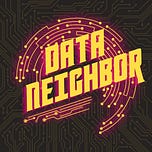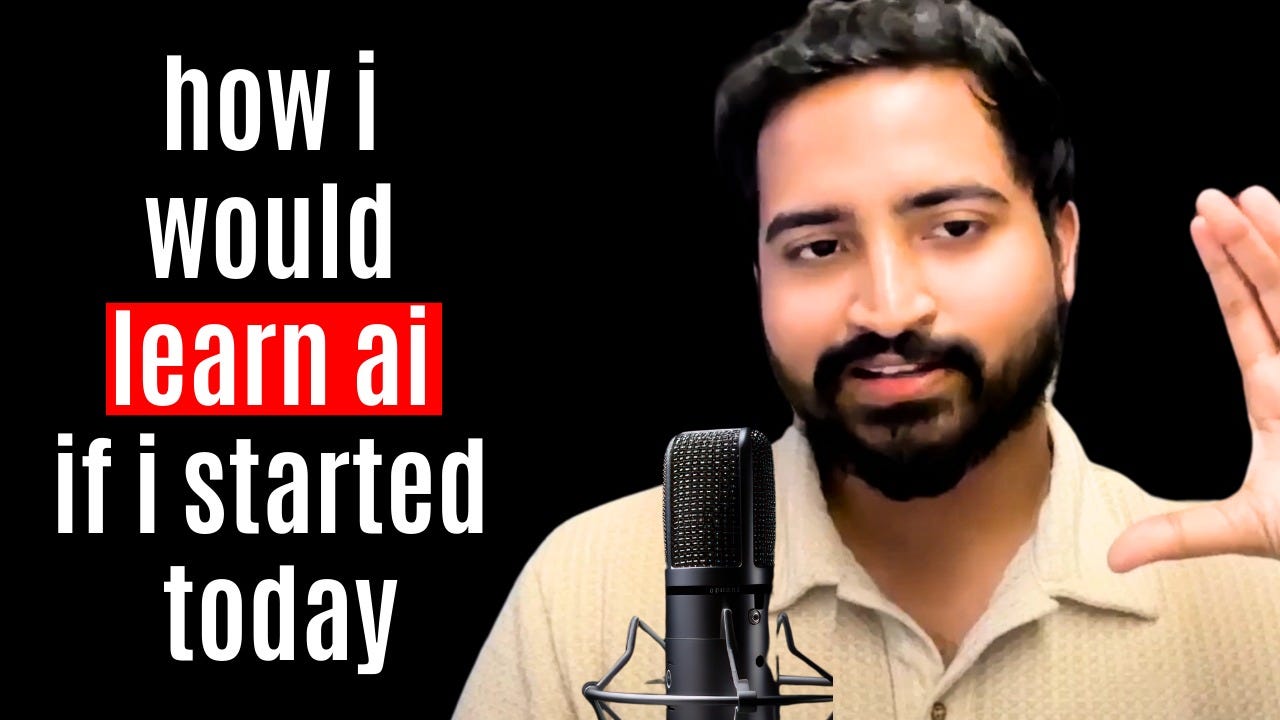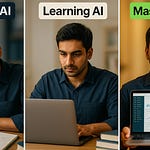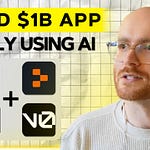Artificial Intelligence is already sitting inside your workflow.
In this episode of The Data Neighbor Podcast, we chat with Nikhil Pentapalli, Senior Machine Learning Engineer at Adobe, who’s helping build generative AI into Acrobat, the beloved (and sometimes cursed) PDF tool used by millions.
But this conversation isn’t just about PDFs. It’s about how GenAI is quietly transforming everyday work: restructuring documents, generating answers, reducing friction - and most importantly, staying invisible to the user.
We go deep on what it actually takes to embed GenAI into production tools at scale, why document AI is more complex than you think, and how the ML engineering role is evolving as LLMs become the new foundation.
Whether you're building with GenAI, breaking into the space, or just trying to make sense of the career shifts happening in AI, this one’s packed with real-world wisdom and practical takeaways.
Key Takeaways
1. AI Is Becoming Invisible Infrastructure
Companies like Adobe are embedding GenAI into familiar tools, making AI feel less like a product and more like a utility.
2. PDFs Are a Surprisingly Hard Problem
Scanned vs. digital, layering formats, and mixed media types all make document processing a huge ML challenge.
3. GenAI Assistants Are More Than Just Chatbots
Acrobat's AI Assistant handles multi-document Q&A, citation tracking, and responsive document formatting - all powered by vision + language models.
4. Prompt Engineering Is Now a Core Skill
Building production-grade GenAI products involves tuning prompts, optimizing memory usage, and evaluating outputs with hybrid metrics.
5. The ML Engineer Role Is Evolving
LLMs are reducing the need for traditional modeling in some areas while opening up new responsibilities - like RAG pipelines, evaluation frameworks, and agent orchestration.
6. If You’re Breaking In, Start By Building
Nikhil emphasizes the importance of balancing learning theory with hands-on projects. “You don’t need to code attention mechanisms to build something useful.”
Chapters
0:00 Introduction
2:24 Meet Nikhil: ML Engineer Building GenAI at Adobe
4:43 Why PDFs Are a Challenge for AI
7:48 How Acrobat Uses GenAI for Multi-Doc Q&A
10:26 From OCR to LLMs: The Evolution of Document Intelligence
14:19 Prompt Engineering, Memory, and Personalization in LLMs
19:39 Real-World Use Cases: From Learning to Document Automation
23:18 Evaluating GenAI: Metrics, Human Feedback & Flywheels
30:43 How to Break Into GenAI (Without Getting Overwhelmed)
39:39 The Future of ML Engineering: New Roles, Skills & Tradeoffs
Connect with us:
Nikhil: https://www.linkedin.com/in/nikhilpentapalli/
Hai: https://www.linkedin.com/in/hai-guan-6b58a7a/
Sravya: https://www.linkedin.com/in/sravyamadipalli/
Shane: https://www.linkedin.com/in/shaneausleybutler/
We’d love to hear what resonated with you most. Leave a comment or share how AI is showing up in your own work.















